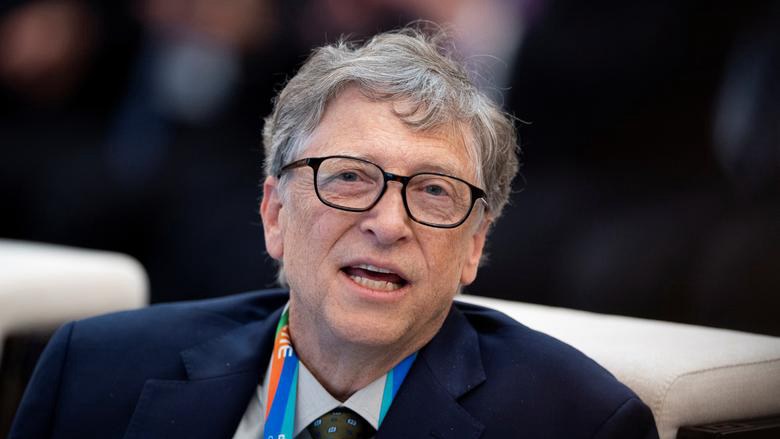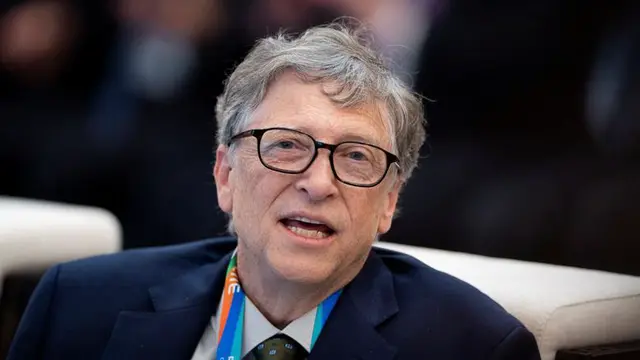
Microsoft founder Bill Gates attends a forum of the first China International Import Expo (CIIE) in Shanghai, November 5, 2018. /Reuters
Microsoft co-founder Bill Gates expressed concern about whether the U.S. government can effectively distribute COVID-19 vaccines, in an interview with
CNBC
last week.
"The federal government has abdicated on many things during the pandemic," Gates said.
He pointed out that the U.S. Centers for Disease Control (CDC) hasn't played a significant role during the public health crisis. As a result, vaccine distribution could be "tricky and kind of weird."
According to guidelines outlined by the CDC, state, tribal, territorial and local governments are tasked with determining who can receive the vaccine first and distributing it.
Gates didn't think it was the best solution. "The federal government has way more resources than the states … punting this to the states means we won't be perfect, but it will get done."
Other health experts also expressed concern that this process could prevent Americans from being vaccinated in a timely manner.
Gates has had higher expectations for the Trump administration's response to the pandemic. "We'll hope that the next time we do a lot better," he said, "As we do the post mortem, there'll be a lot of things, like confused messaging (and) lack of leadership that will fall on the executive branch."
This is not the first time Gates has criticized the U.S. government, in terms of leadership, adherence to preventative measures and so on.
"Our response in most respects has not been very good. And we would have expected it to be good," Gates told in an interview in October.
"Most governments take advantage of their scientists and listen to them. They don't undermine them and attack them," Gates said at the same time, "Mask compliance in the United States is quite poor. And yet the cost of the mask and the productivity lost from (not wearing) the mask, it's quite an intervention."
But on the other hand, he was full of confidence in the development of COVID vaccines, and said that "almost all the vaccines are going to succeed."
 简体中文
简体中文












